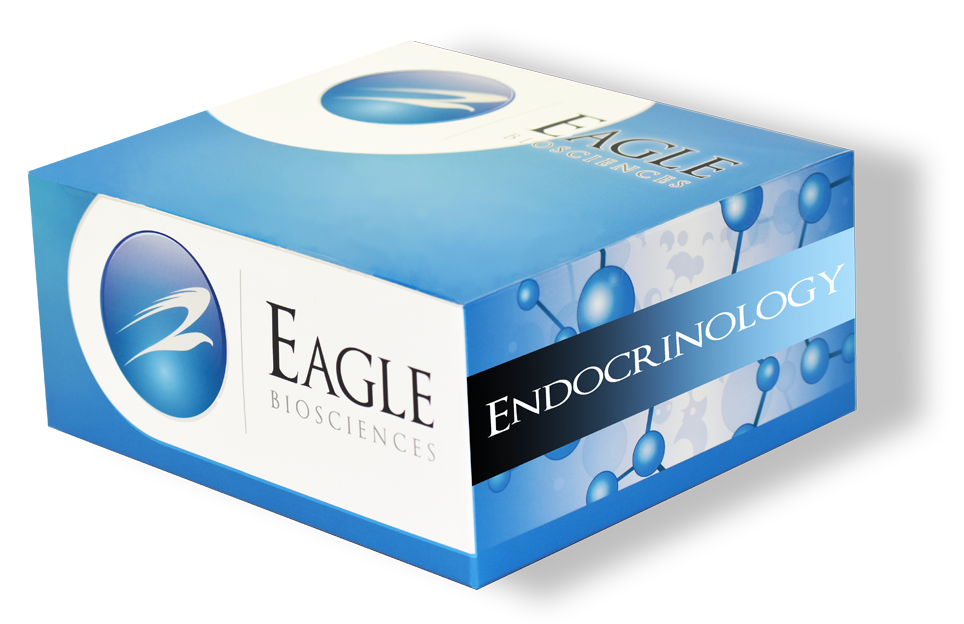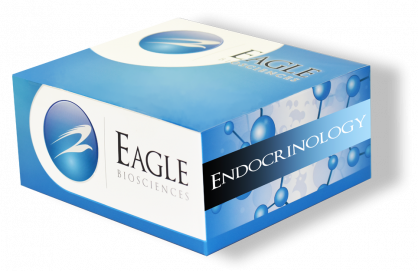TGF-Beta 1 ELISA Assay
The TGF-Beta 1 ELISA Assay is For Research Use Only
Size: 1×96 wells
Sensitivity: 15 pg/mL
Dynamic Range: 62.5 – 1000 pg/ml
Incubation Time: 3.5 hours
Sample Type: Serum, Plasma, Cell Culture
Sample Size: 100 µl
Alternative Names: Transforming Growth Factor
Assay Background
Transforming growth factor (TGF), a ‘factor’ that promoted the transformation of cultured fibroblasts into a tumor-like phenotype, was subsequently found to be more of a tumor suppressor than tumor promoter and to be a mixture of two proteins, TGF-α and TGF-β. These molecules are members of a superfamily that includes TGF-β1 through 5, bone morphogenic proteins, activins and inhibins. It plays a critical role in cellular growth, development, differentiation, proliferation, extracellular matrix (ECM) synthesis and degradation, control of mesenchymal-epithelial interactions during embryogenesis, immune modulation, apoptosis, cell cycle progression, angiogenesis, adhesion and migration and leukocyte chemotaxis.
Originally, TGF-β1 was separated from platelets and later found that TGF-β1 can be expressed in many organizations. Human TGF-β1 is a 25kDa, disulfide-linked, non-glycosylated homodimer. Biological activity of TGF-β1 is regulated by a number of receptors, including receptor I (53-65KD), receptor II (83-110KD), receptor III (250-310KD), receptor-IV (60KD) and receptor V (400KD).
TGF-β1 is the key mediator in the pathophysiology of tissue repair and human fibrogenesis: balance between production and degradation of type I collagen, and fibrosis and scarring in organ and tissue. TGF-β1 exhibits important immunoregulatory features of partially adverse character: TGF-β1 inhibits B and T cell proliferation, differentiation and antibody production as well as maturation and activation of macrophages. TGF-β1 is synthesized, with only a few exceptions, by virtually all cells, and TGF receptors are expressed by all cells. TGF-β affects nearly every physiological process in some way; its systemic and cell-specific activities are too complicated to review here. There are, however, three fundamental activities: TGF-β1 modulates cell proliferation, generally as a suppressor; TGF-β1 enhances the deposition of extracellular matrix through promotion of synthesis and inhibition of degradation; TGF-β1 is immunosuppressive through a variety of mechanisms. The specific action of TGF-β on a particular cell depends on the exact circumstances of that cell’s environment.
Related Products
TNF-Alpha ELISA Assay Kit
Human G-CSF ELISA Assay
Human EGF ELISA Assay Kit


